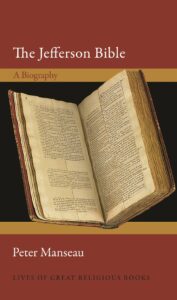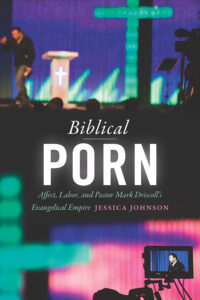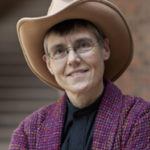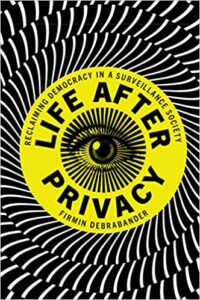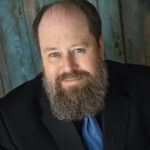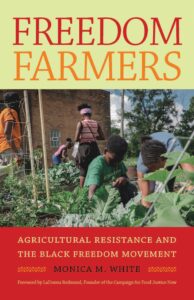 Agricultural Resistance and the Black Freedom Movement
Agricultural Resistance and the Black Freedom Movement
While existing scholarship generally views agriculture as a site of oppression and exploitation of black people, Freedom Farmers, by Monica White, showcases agriculture as a site of resistance. It follows the Freedom Farms Cooperative (FFC) started by renowned activist Fannie Lou Hamer in 1967, which was a community-based rural and economic development project. Growing from a mere 40 acres to a staggering 600 acres, the FFC was a hallmark of the Mississippi Delta.
By showcasing the FFC, White expands the historical narrative of the black freedom struggle to embrace the work, roles, and contributions of southern black farmers. Life on the cooperative farm presented an alternative to the second wave of northern migration by African Americans–an opportunity to stay in the South, live off the land, and create a healthy community based upon building an alternative food system as a cooperative and collective effort. It offered a community and a sense of purpose to local sharecroppers, tenant farmers, and domestic workers. This book shares a historical story, as well as adding context to current conversations around the resurgence of food justice/sovereignty movements in urban spaces today.
Reviews and endorsements of the publication include:
“Meticulously researched, trenchantly analyzed, and engagingly written, this book brings to life the culture, the theorists, the scientists, the farmers, and the organizers that have kept agriculture at the center of African American emancipation, civil rights, and present-day movements for human rights and self-determination. From a rising activist-scholar, a visionary book of remembrance and hope.”—Eric Holt-Giménez, executive director of Food First
“A refreshing and potentially paradigm-shifting study, combining narrative and an interdisciplinary methodology that draws on archival research and ethnography. It moves the African American agrarian experience into the twentieth century, reconceptualizing it, not just as an experience of oppression, but as a strategic approach to black liberation.”—Sundiata Cha-Jua, University of Illinois
“Freedom Farmers is an incredible love letter helping Black people return to and reclaim our true agrarian, radical, collective selves. Through this important book, Dr. White brilliantly disrupts the disempowering narrative that Black communities have a painful relationship with farming and land. While Black people have suffered tremendously via exploited labor and the violence of slavery in this country, that is not the summation of our history with land. Dr. White documents important historical lessons for us and shows us what we’ve known and at times forgotten–that the land both heals and frees us. This book is an urgent reminder and an absolute must read for all of us.”—Dara Cooper, National Black Food and Justice Alliance
For more information on the publication, click here.
Fellow travelers are scholars, activists, and practitioners that embody the ideals and commitments of the Project on Lived Theology. We admire their work and are grateful to be walking alongside them in the development and dissemination of Lived Theology.

